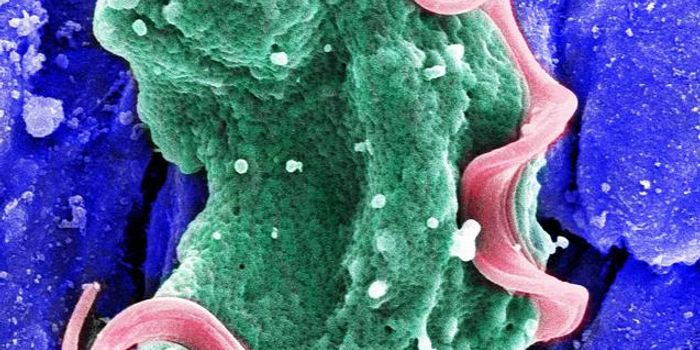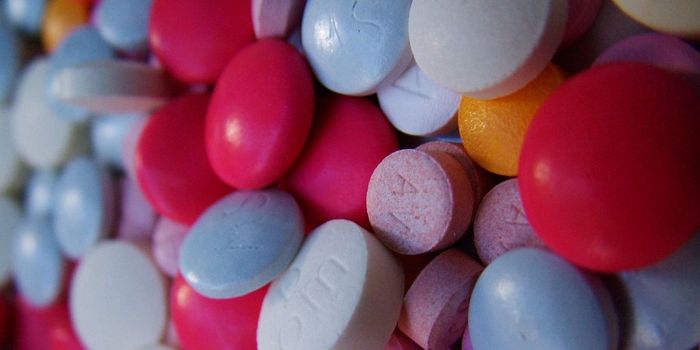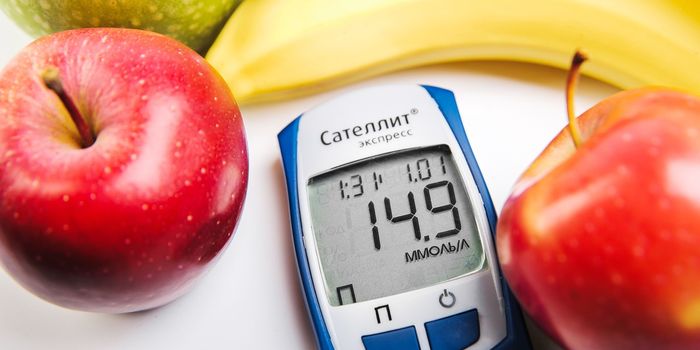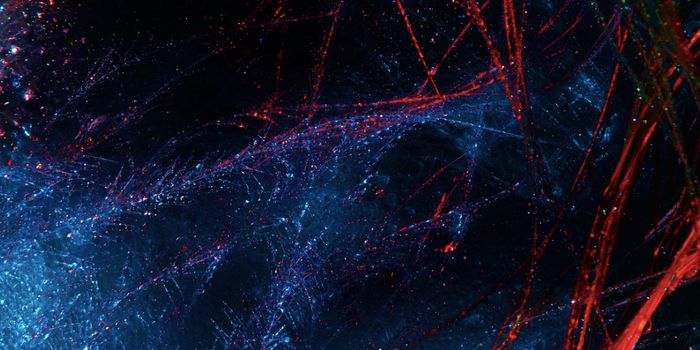Natural Killer Cells to Aid in Cancer Therapy
Significant advances in cancer treatment provide a cure to a broader array of patients. Immunotherapy to clear cancer is a powerful new avenue physician, and patients are exploring together. The idea here is to make use of the immune system to seek out the tumor cells and remove them.
Research completed by scientists at the University of Central Florida seeks to improve the successes provided thus far provided by immunotherapies. Some cancer cells are known to express a protein on their cell surface known as PDL1. The surface protein PDL1 is a message to the host immune system. When immune cells encounter the message, they shut off.
Current immunotherapies take advantage of the PDL1 protein. For example, monoclonal antibodies can be used to bind to the PDL1, thus interfering with the tumor cell ability to turn off the immune response. This therapy has been proven to be very useful for cells possessing PDL1. Patients with metastatic cancer have gone into remission. The real struggle lies with the PDL1 expression on only about 15 percent of cancers.
The work at the University of Central Florida seeks to utilize natural killer cells (NK cells) stimulated by nanoparticles designed in their laboratory to induce PDL1 expression on tumor cells that are not innately a part of the cancer. NK cells are the cells responsible for limiting the spread of cancer. Once the tumor cells express the PDL1 protein, the patient can make use of the successful immunotherapies involving the monoclonal antibodies, allowing both methods to work synergistically. “Strategies that increase PD-L1 expression and tumor infiltration should make more patients eligible for PD-1/PD-L1 blockade therapy, thus improving overall outcomes,” says scientist Dr. Alicija Copik.
"Cancer is a very smart enemy," Copik explained. "That's why we have to use so many tools to fight it."
Dr. Alicija Copik of UCF has published the team’s work in Oncoimmunology describing the effects of stimulating the NK cells with nanoparticles. The nanoparticles can increase the NK cell count and their ability to kill tumor cells.
NK cells don't attack healthy cells; therefore cancer patients could safely receive additional NK cells from non-match donors. Additionally, blood banks are already segregating for NK cells when they collect blood platelets and plasma for donation, providing the potential for scientists to develop ways to save such NK cells for cancer therapies.
"As a scientist, it's important to know from physicians and patients, 'Where are the gaps in treatment? Where are the challenges?' You see where we should be directing our efforts," Copik remarks. "And when you're in the lab late at night you think about these patients. They are your motivation and your inspiration. You know we must do this work now because patients are waiting."
Dr. Copik and team hope to see their advancements integrated into the already ongoing clinical research with NK cells.
Sources: Oncoimmunology, YouTube, Science Daily









